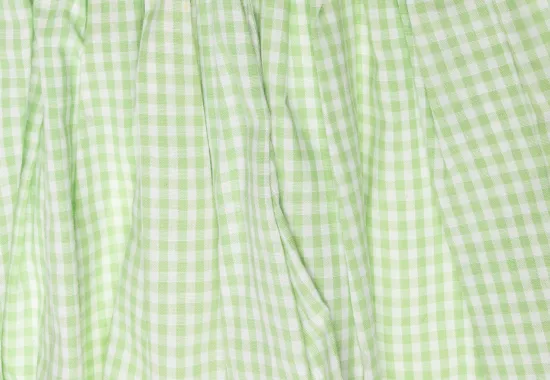Dan O'Brien, Jude Brancheau, and Martin Ott: A tribute to veterans
In this post we feature three poets, Dan O'Brien, Jude Brancheau, and Martin Ott. Thank you to all of the men, women, and their families who have sacrificed.
The War Reporter Paul Watson Hears the Voice
We ask them, Have you seen the American
soldier? Someone says he saw him tied up
in a wheelbarrow. I take a picture
of some kids bouncing on the rotor blade
in the smoldering wreck of that downed Black Hawk.
Has anyone seen the dead American
soldier? The mob parts around me. I look
down in the street. And I meet the man. When
you take a picture the camera covers
your face, you shut the rest of the world out.
Everything goes dim. And I hear a voice
both in my head and out: If you do this,
I will own you forever. I’m sorry
but I have to. If you do this, I will
own you. I’m so sorry, I don’t want to
desecrate your memory. If you do this
I will own you forever. I took his
picture. While they were beating his body
and cheering. Some spitting. Some kid wearing
a chopper crewman’s goggles, face screwed up
in rapturous glee while giving the dead man
the finger. An old man’s raising his cane
like a club and thudding it down against
the dead flesh. Men holding the ropes that bind
the dead man’s wrists are stretching his arms out
over his head, rolling him back and forth
in the hammering morning light. I’m standing
beside myself. I’m watching someone else
take these pictures, wondering, You poor man.
Who are you?
Jude Brancheau
On Duty
—For Captain John H. Brancheau (1939-1989)
When work followed you home, there were boot tracks,
and if I found you before your ash
eclipsed the bath, you were a shadow thrown
from a kid with matches or from a fuming hankie
as it bloomed. If you talked at all, you were just eyes
feeling up and down the wall as you’d swear
about the arsonous full moon.
You so quickly became the untouched
Zippo on the mantel, a pack of Luckies in a breast pocket,
the uniforms still marching in line in the closet. Then, emptying out
your chest, the marshmallow boy,
as black as his bed and his toys, his skin a part of his covers,
where he thought he’d be safe or could hide, his head
still turned from the heat’s unrepeatable points.
I remembered how you’d say,
“When you think no one’s left inside, sometimes you have to let it burn.”
Battlefield Typewriter
When I read that J. D. Salinger interrogated
POWs in Germany, and knocked back stiff
ones with Hemingway, it explained everything
and nothing. The ashes of Dachau cascaded
off the moptops of his dead-eyed youngsters,
bone-dry dandruff, hidden but omnipresent.
Confessions filled his battlefield typewriter
and keys clacked like gold fillings against
wet pavement, his fingertips callused from
the impossible gravity. He fell apart once
and forever disdained to explain the lost
ones, the tracks a distant killer makes
before disappearing onto a folded page.
Dan O'Brien's poem, "The War Reporter Paul Watson Hears the Voice" originally appeared in issue 297.2. Jude Brancheau's peom, "On Duty" appeared in 298.4. Martin Ott's poem, "Battlefield Typewriter" appeared in issue 299.1.
Recommended
The Shirt
After Hearing David Rothenberg Sang with Birds
Frothing Pink Poodle Droppings





